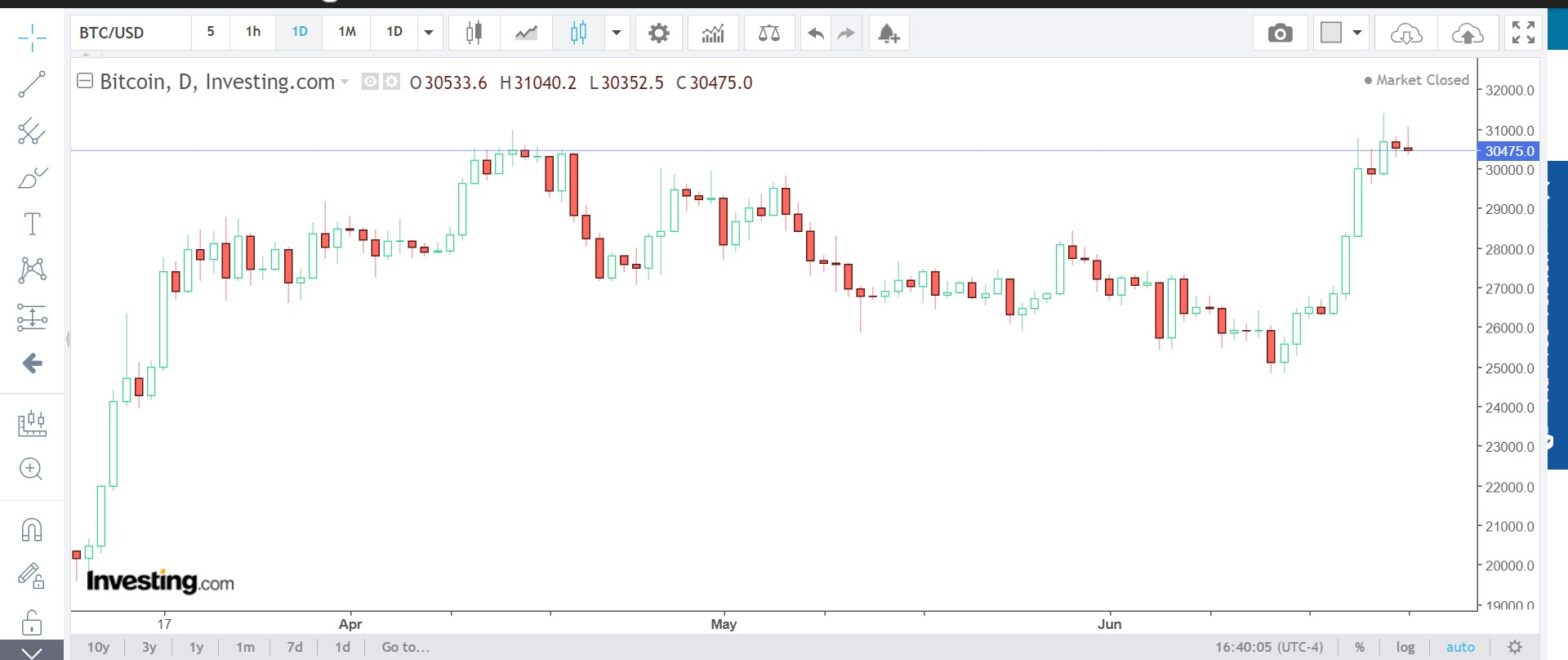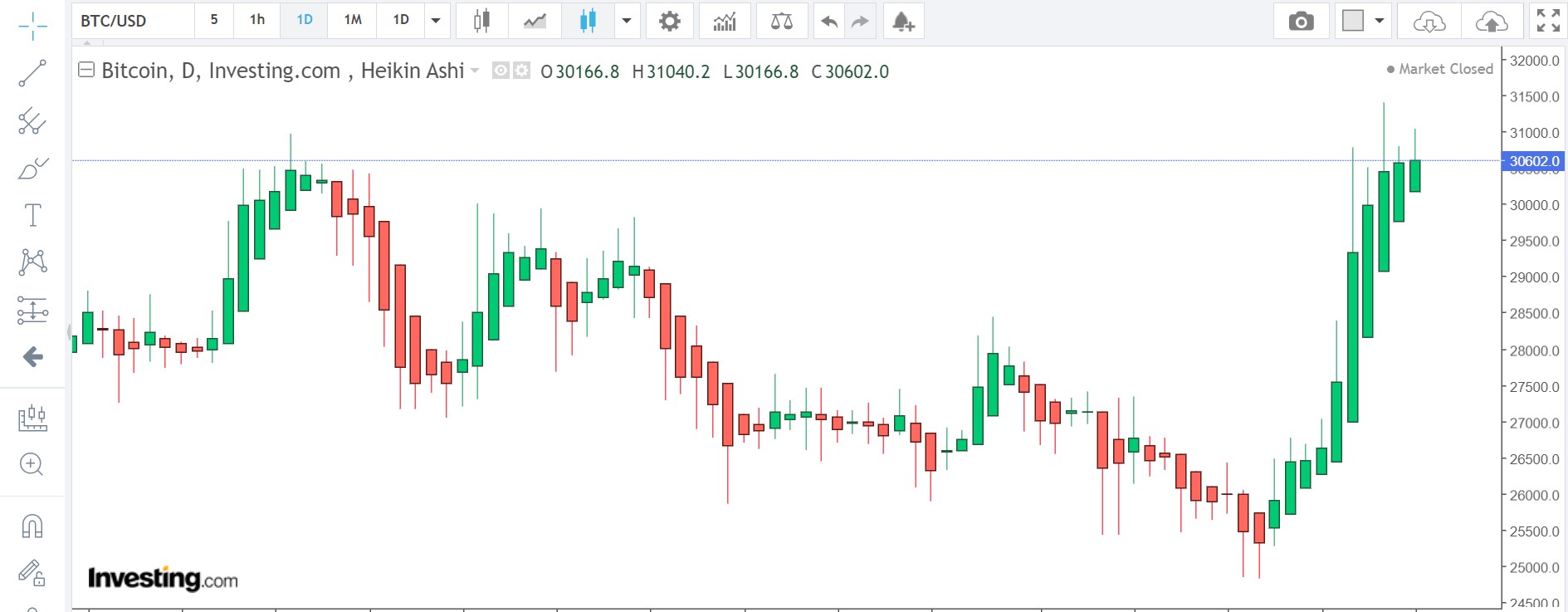Understanding Meme Stocks
In recent years, the term “meme stock” has gained significant attention in financial markets. These stocks have become a hot topic among investors, traders, and even the general public. But what exactly is a meme stock?
Definition of Meme Stocks
A meme stock refers to a publicly traded company whose stock price experiences significant volatility due to social media-driven hype and speculative trading activity. Unlike traditional stocks, meme stocks are often driven by online communities and viral trends rather than fundamental analysis or financial performance.
Meme stocks typically gain popularity through social media platforms like Reddit, Twitter, or online forums where retail investors congregate. These investors collaborate to drive up the stock price by collectively buying shares, creating a frenzy of demand that can lead to substantial price increases.
Characteristics of Meme Stocks
1. Social Media Influence: Meme stocks are heavily influenced by social media platforms, where users share investment ideas and rally behind specific stocks. Online communities such as r/WallStreetBets on Reddit have gained notoriety for their role in promoting meme stocks.
2. Volatility: Meme stocks are known for their extreme price fluctuations. The rapid rise and fall of these stocks can be attributed to the speculative nature of trading driven by social media hype rather than underlying fundamentals.
3. Retail Investor Dominance: Meme stocks are primarily fueled by retail investors rather than institutional investors or hedge funds. This democratization of investing allows individual traders to band together and challenge traditional market dynamics.
4. Short Squeeze Potential: Meme stocks often attract attention when they are heavily shorted by institutional investors. Retail investors may coordinate buying campaigns to drive up the stock price, causing short sellers to incur significant losses and potentially triggering a short squeeze.
Examples of Meme Stocks
1. GameStop (GME): GameStop became the epitome of a meme stock in early 2021 when retail investors on Reddit’s r/WallStreetBets initiated a massive buying campaign. The stock price skyrocketed, causing substantial losses for hedge funds that had heavily shorted the stock.
2. AMC Entertainment Holdings (AMC): AMC, a struggling movie theater chain, gained meme stock status as retail investors rallied behind it. The company’s stock price experienced significant volatility, driven by social media-driven hype and coordinated buying efforts.
3. BlackBerry (BB): BlackBerry, once a dominant player in the smartphone industry, saw its stock price surge after being targeted by online communities. Retail investors sought to capitalize on the nostalgia associated with the brand and its potential for a turnaround.
Impact of Meme Stocks (Word count: 800)
1. Market Disruption: Meme stocks have the potential to disrupt traditional market dynamics. The sudden surge in demand driven by retail investors can lead to sharp price increases, catching institutional investors off guard and forcing them to reassess their strategies.
2. Increased Retail Investor Participation: Meme stocks have encouraged greater participation from retail investors who were previously less involved in the stock market. This newfound interest has led to increased scrutiny of market practices and regulations.
3. Short-Term Speculation: Meme stocks are often associated with short-term speculative trading rather than long-term investment strategies based on fundamental analysis. This speculative nature can create an environment prone to market manipulation and heightened volatility.
4. Regulatory Scrutiny: The rise of meme stocks has prompted regulators to closely examine the impact of social media-driven trading on market stability and investor protection. Authorities are exploring potential measures to address concerns related to market manipulation and misinformation.
5. Lessons for Investors: Meme stocks serve as a reminder of the importance of conducting thorough research and understanding the underlying fundamentals of a company before making investment decisions. Investors should be cautious of blindly following trends driven by social media hype.
Meme stocks have emerged as a unique phenomenon in financial markets, driven by social media-driven hype and speculative trading activity. These stocks have disrupted traditional market dynamics, attracting attention from retail investors and regulators alike. While meme stocks can offer opportunities for significant gains, they also carry substantial risks due to their volatile nature. As with any investment, it is crucial for investors to exercise caution, conduct thorough research, and make informed decisions based on sound financial analysis.
Simon Frandsen / Pyjamastraders




